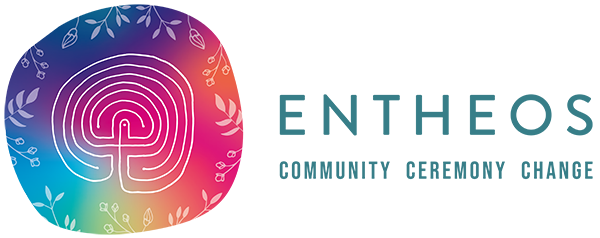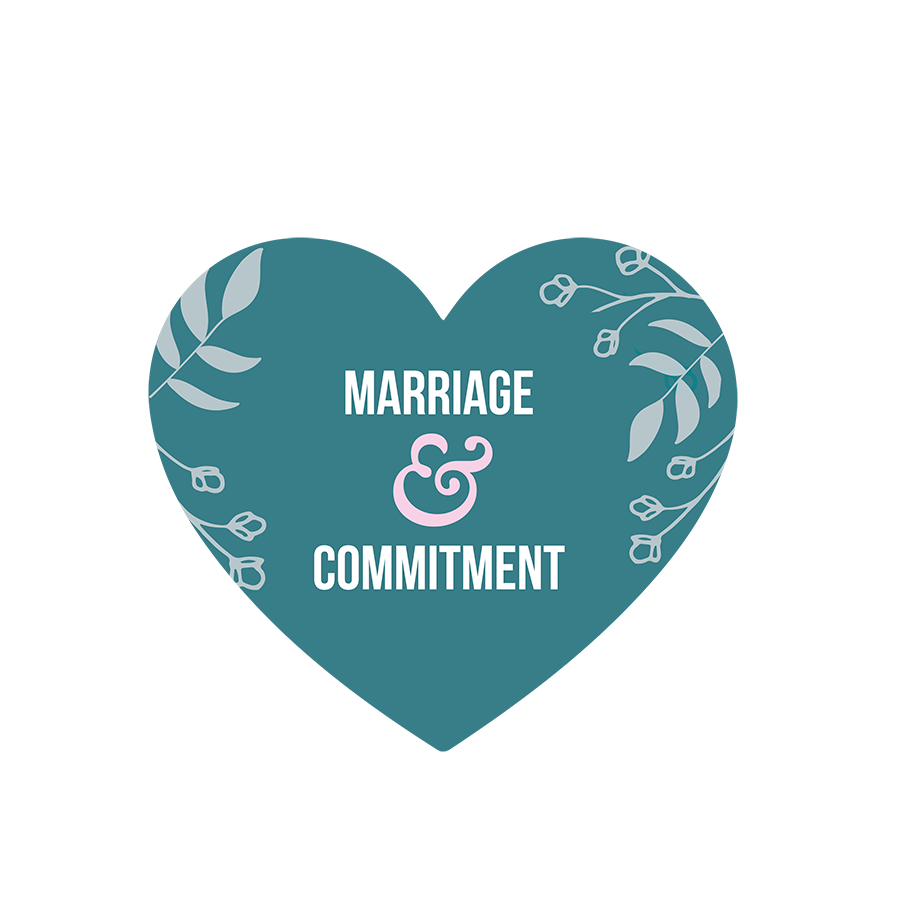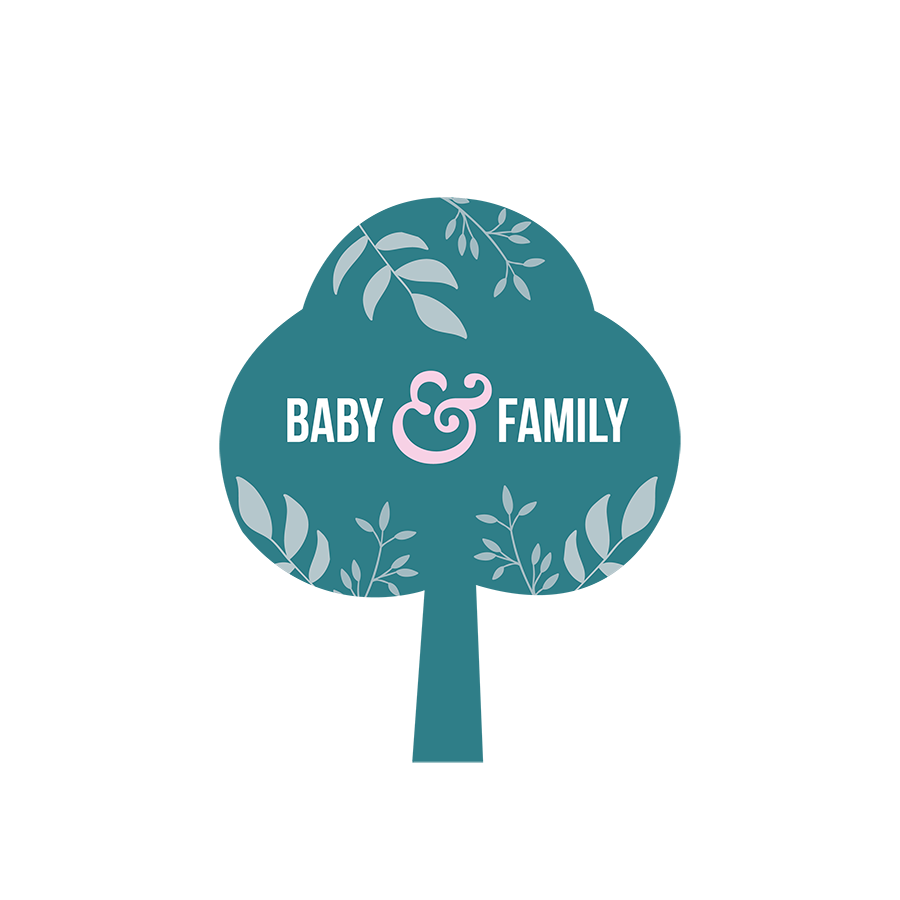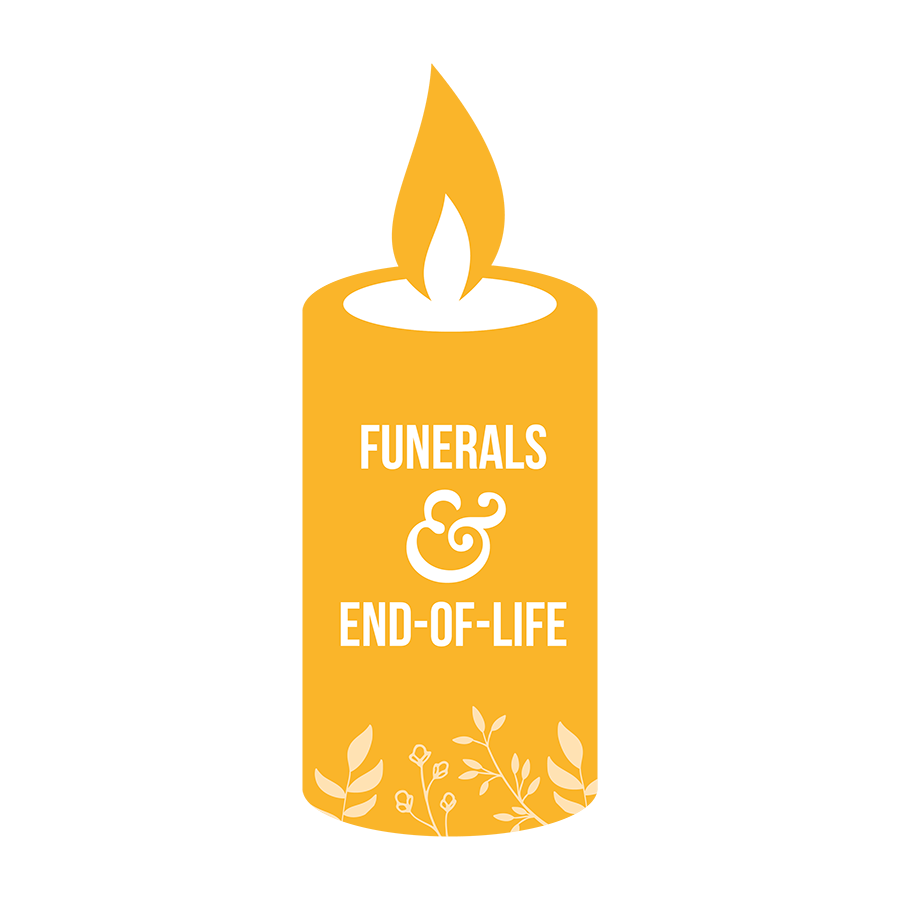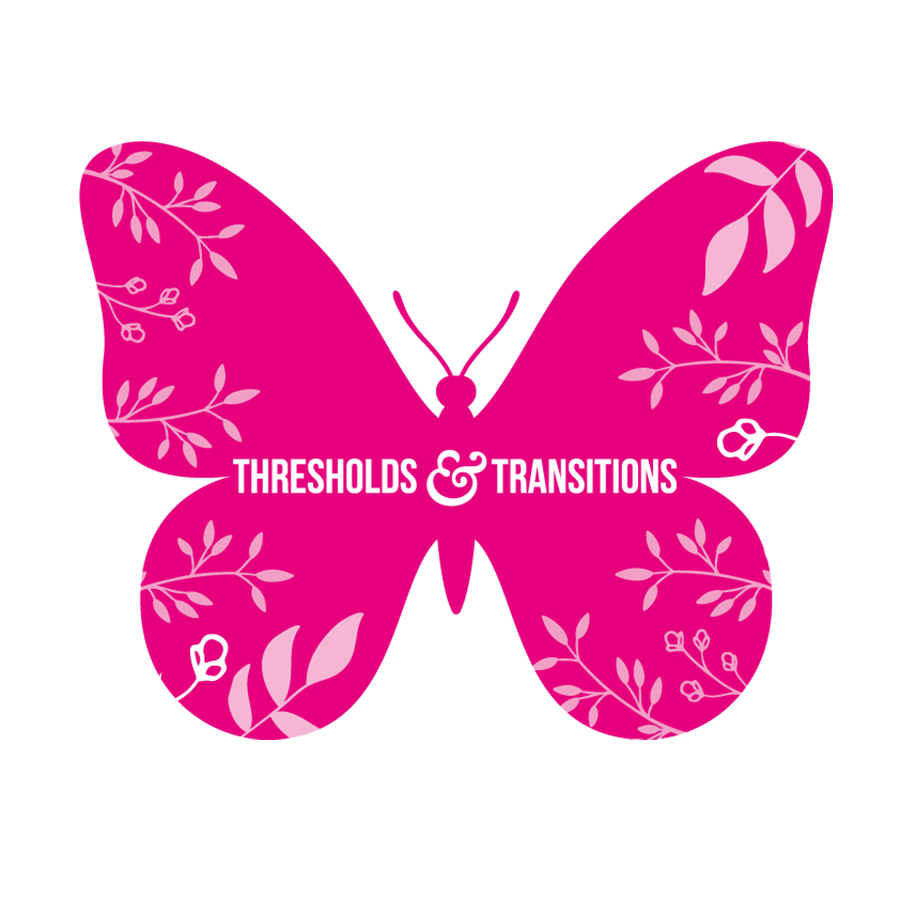About Entheos
We are a vibrant and diverse group who have come together with a shared vision in Entheos. Our foundation is firmly rooted in the core values of Inclusivity, Diversity, Freedom, and Choice. We believe that personalised, meaningful ceremonies should be accessible to all, regardless of their faith paths or belief systems.
Who are we?

Our members represent a wide spectrum of backgrounds, encompassing various faiths and none. Currently, our Community Celebrants hail from Catholic, Protestant, Presbyterian, Jewish, Hindu, Buddhist, Atheist and Agnostic backgrounds. Our organisation is made up of a large number of LGBTQ+, disabled, neurodiverse and otherwise underrepresented people, and we actively seek applications from members of marginalised communities. This diversity forms the very essence of our community, celebrating the uniqueness of each individual’s journey.
At Entheos, we are deeply committed to the principle that everyone deserves access to a Non-Denominational, Inclusive Celebrant from within their own community to celebrate their Rituals, Rites and Ceremonies. We provide freedom of choice, ensuring that individuals can find a supportive and understanding Celebrant who resonates with their beliefs and values.
As a non-denominational organisation our mission extends beyond ceremonies. Our Community Celebrants actively engage in various forms of Activism, striving to be agents of positive change within our communities in various ways. We are passionate about making a meaningful impact in the world, supporting and celebrating those around us through our ceremonies and our presence in the world.
Entheos is committed to continuous improvement and learning. We actively seek to enhance our accessibility options to better serve and embrace the diverse needs of our community.
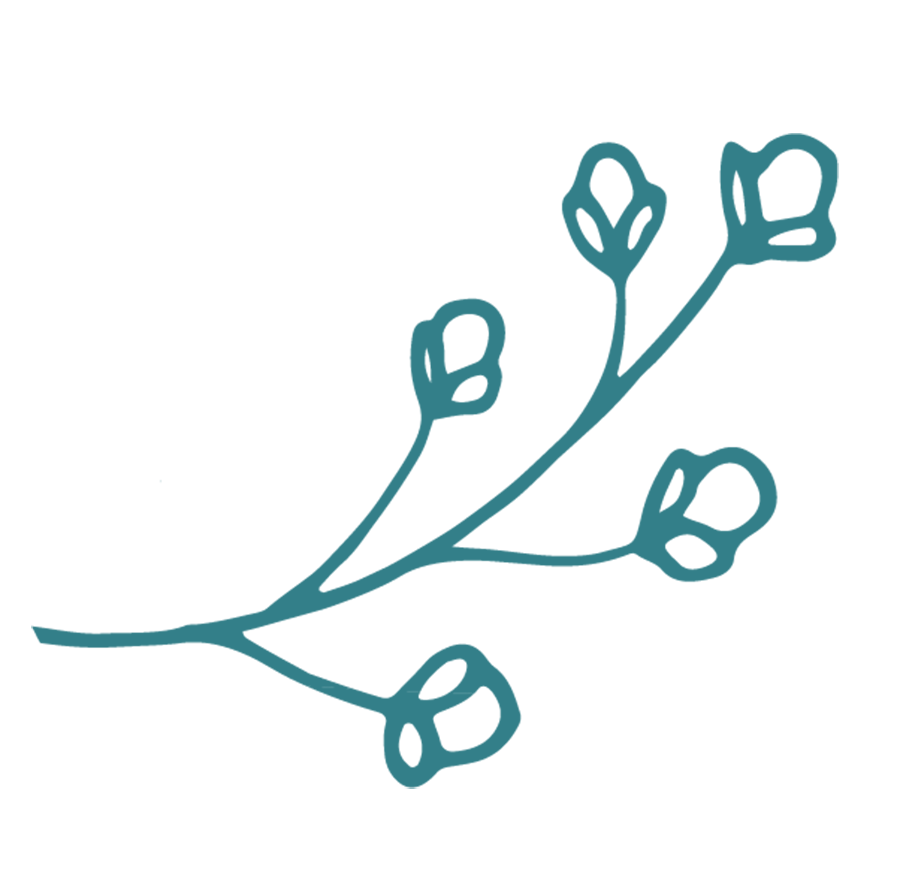
Our Beliefs System
Embracing Diversity and Empowering Personal Connection
At Entheos, our beliefs revolve around serving people from all walks of life and supporting our communities in embracing the depth and significance of life. We do this through deep listening, co-counselling, meaningful ceremonies, and inclusive community support, aiming to foster a greater understanding of our relationship with each other and the world we live in.
We recognise that people seek to understand their own beliefs in diverse ways, and we honor the vast array of cultural and personal backgrounds that shape these perspectives. We do not impose specific terms on what some may call ‘the divine,’ ‘god,’ or the ‘collective unconscious.’ Instead, we embrace the concept of the “g(o)od within,” believing that divinity and goodness reside within each person. This allows us to choose the language that resonates best with us and our individual clients, while acknowledging the uniqueness of our personal philosophies.
As Entheos Ministers, we are dedicated to serving our communities within and beyond traditional faith paths. We support people to find their personal expressions of the divine in all aspects of life, particularly during significant moments such as birth, marriage, and death. Our core belief is that everyone has the right to explore and receive such support on their journey through life, especially during moments of crisis, questioning and/or self-discovery. Exploring our inner beliefs allows us to give expression and significance to life’s experiences, and we help people to celebrate the great diversity of beliefs that can be found within and beyond traditional faith paths.

NO HIERARCHY
At Entheos, we embrace an inclusive approach, removing the need for intermediaries and hierarchies in spiritual and philosophical connections. We believe that everyone is equal and valued, and our approach ensures that no one is marginalized or left behind. Our unwavering commitment to diversity celebrates the unique identities of all individuals, regardless of gender, race, sexual orientation, nationality, family status, or any other category. We are a proudly trans-inclusive organisation.

Join us at Entheos, where we celebrate the diversity of spiritual paths, empower personal connections, and create an inclusive community where everyone is welcomed and valued.
ABOUT ENTHEISM
Entheos: Embracing the Divine Within and Beyond

Entheos is grounded in the philosophy of Entheism – embracing the divine within. Entheism holds the idea that the divine – represented by various metaphors like the universe, nature, being, consciousness, higher power, and Self – resides within each person. This belief aligns with Pantheism and Panentheism and is reflected in various systems of thought, including Gnostic Christianity, Transcendentalism, Mahayana Buddhism, and New Age beliefs.
Entheism traces its roots in Ireland back to the radical philosopher and freethinker, John Toland (1670 – 1722). Toland challenged the institutional Church and State of his time and introduced the concept of “scientific pantheism,” emphasizing the unity of the cosmos. Toland’s ideas promoted reason, critical thought, and inclusion, advocating for the naturalization of Jewish people in Ireland, a groundbreaking stance for his era.
As a recognised religious body in Ireland, Entheos aims to facilitate an understanding of these concepts among those seeking a new understanding of their personal beliefs. We encourage the free and open exploration of new systems of existential meaning that promote human rights, social and climate justice and foster our symbiotic relationship with the Earth.
Participatory Spirituality:
Entheos offers non-denominational and non-heteronormative ceremonies, including funerals and end-of-life ceremonies, weddings, welcoming ceremonies for babies and young children, ceremonies honoring the thresholds of childhood and adolescence, ceremonies marking life’s transitions, and regular meetings of Participatory Spirituality. These gatherings, whether online or in-person, take various forms and encompass morning meditations, Soul Space Sundays, and a variety of Labyrinth Workshops.
Our diverse community welcomes all individuals seeking to explore their own spirituality and worldview. We believe that the “spark within” enriches all aspects of life and generates the enthusiasm for embracing its wonder and mysteries. Together, we create a space for personal growth, spiritual connection, and celebration of life’s profound moments.

Our Stance on Humanism, Atheism and Institutional Religion
Embracing Spiritual Inclusivity

At Entheos, we recognize that Ireland is undergoing a significant shift in its relationship with Institutional Religion. While it may be tempting to view spirituality as a binary choice between fully Religious or completely Atheist, the reality is that many people occupy the space between. They are neither fully Theist nor entirely Atheist, but they hold a belief in “something more.”
We have noticed that in common parlance here in Ireland, any ceremony perceived as “not in a Church” is often referred to as “humanist”. We wish to clarify that Entheos is unequivocally not a Humanist organisation, nor do we ever seek to represent ourselves as such.
We are an inclusive, non-denominational organisation, and while we are classified as a religious body for the purpose of solemnising marriages, we wholeheartedly support the separation of Church and State.
We understand that many do not identify with any specific faith, nor as humanist / atheist. Entheos often resonates with such individuals because we support their belief in “something more” without imposing polarities, or rules about what our members do or do not believe.
Our dedication to inclusivity means we embrace people of every faith and none. We foster inclusion, acknowledging and upholding certain religious principles, such as the golden rule of “Love Thy Neighbour,” while simultaneously challenging the established norms of Institutional Religion. Our community also welcomes our ever-growing Interfaith Community in Ireland, which adds a richness and diversity to the ceremonies we facilitate.
About Entheos
Entheos as a religious body

Entheos is a fledgling organisation, with surprisingly deep roots. We are registered as a Religious Body in Ireland, which sounds limiting (we certainly don’t feel we fit the traditional understanding of the word “religion”!), but this category is the one which best facilitates our core belief of Inclusion. If we were registered as a Secular Body we would not be able to include the beliefs and rituals of various faith paths within our ceremonies.
As a trauma-informed organisation we are very mindful of the legacy of Institutional trauma, and consent underpins everything we do. Therefore, we work from a Secular/ Entheist baseline, and incorporate elements of traditional faith paths by request.
Entheism builds upon the idea that the divine, (often described as “god”), exists within everything- the universe, nature, in ourselves, higher powers, and more. It’s the belief that external deities and intermediaries are unnecessary, and we all have the ability to connect with the magic and wonder of the world, and to something “more”, whatever that may mean in the context of our own personal beliefs and worldview.
We at Entheos are committed to seeking new ways of finding meaning that respect human rights, social justice, human understanding, and care for the Earth. We do not have a belief in any deity, or any requirement or expections of our members other than a belief in the innate good in themselves and others, and a commitment to challenge exclusion where we witness it. In other words, we commit to being the change we wish to see in the world.
Entheism in Ireland
The roots of Entheism in Ireland (and the world) can be traced back to the radical Irish Philosopher and Freethinker John Toland (1670 – 1722). Toland was a provocative figure of his time, challenging both the Institutional Church and the State. He is credited with introducing the concept of “scientific pantheism,” emphasizing the unity of the cosmos. His book “Pantheisticon” was groundbreaking in its ideas, advocating reason and critical thinking over blind acceptance of authority, absolutism, and dogma. His commitment to inclusion was revolutionary, and he wrote pamphlets advocating for the naturalization of Jewish people in Ireland, a concept of radical inclusivity for his era.
Entheism is similar to Pantheism and Panentheism, and we see these ideas in paths like Gnostic Christianity, Transcendentalism, Mahayana Buddhism, and New Age beliefs. The belief that we all carry a spark of good within us is not just a fancy idea; it’s a part of various psychological approaches, like Psychosynthesis, Jungian psychology, and Depth psychology. It encourages us to think about our lives in a bigger way, beyond just ourselves; towards inclusion, acceptance and the greater good of all.
Pantheism

Panentheism

Entheism

We honor diversity, nurture inclusivity, and create a supportive space for those seeking meaning, connection, and celebration of life’s profound moments. Together, we embark on a journey of spiritual exploration and empowerment, where everyone is welcomed with open arms and open hearts.

